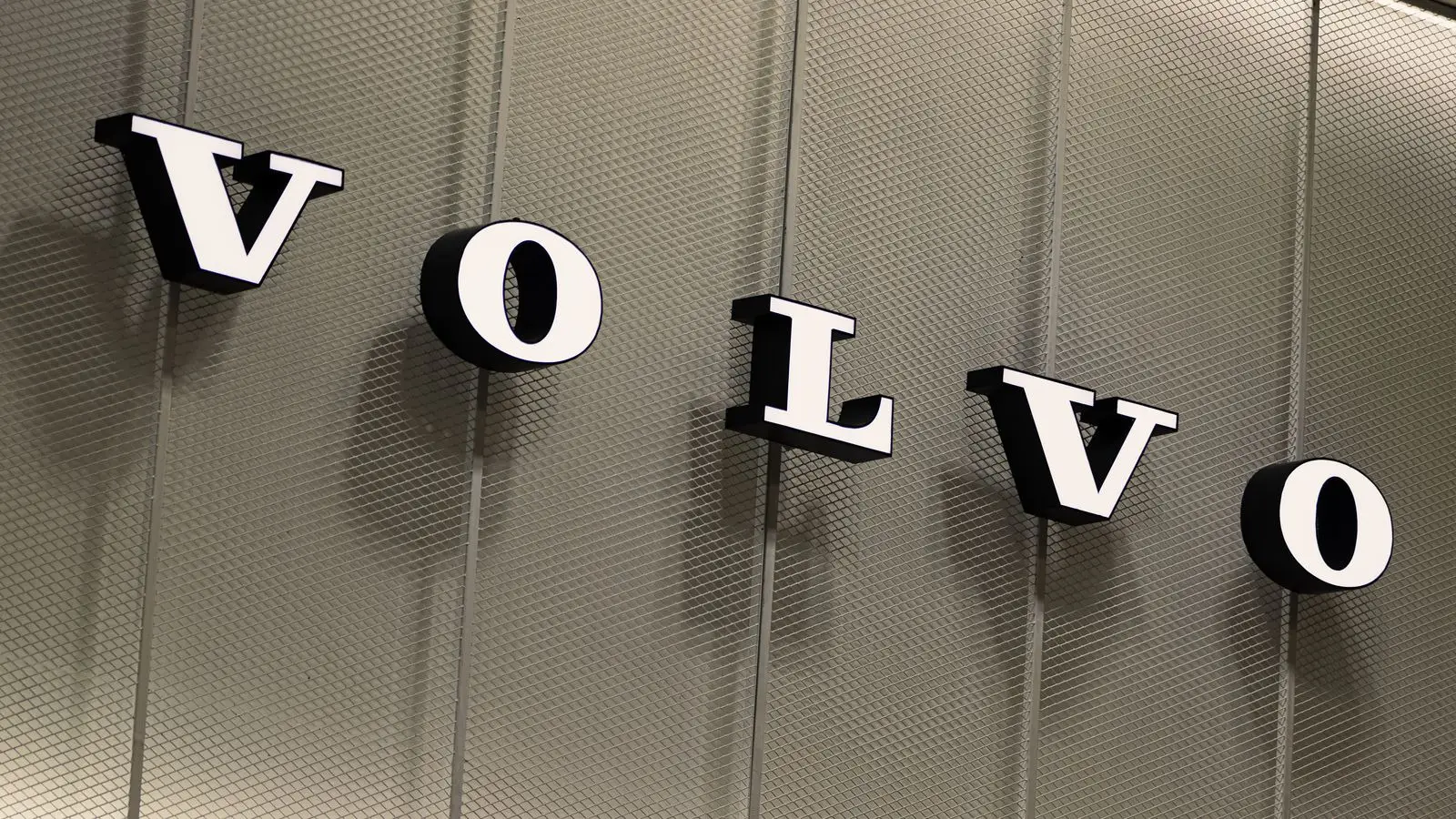Volvo CEO predicts tough road for Western car brands in electric era

Volvo CEO Håkan Samuelsson says the auto industry will be fully electric in 10 years and warns some Western automakers could disappear if they fail to adapt.
Håkan Samuelsson is back at the helm of Volvo, the executive who once took the Swedish automaker public and stepped down in 2022 at the height of its success. Now he has signed a two-year contract to steer the company through what may be the most challenging chapter in its history — the full-scale shift to electric mobility.
In a candid interview with Bloomberg, Samuelsson left no room for doubt: the automotive industry, he said, will be fully electric within about ten years. “There’s no turning back. It might take longer in some regions, but the direction is clear. In around 10 years, cars will all be electric and they will be lower cost.”
He also warned that the transition will be painful for many Western carmakers. According to Samuelsson, there will only be room for a few dominant players in the new market reality, while those unable to adapt will face intense pressure and may not survive. “This will trigger a wave of restructuring,” he noted.
Volvo’s close ties to Chinese parent company Geely add another layer of complexity. On one hand, the partnership gives access to advanced EV technology and production expertise; on the other, it creates political risk. U.S. regulators are weighing restrictions on vehicles with Chinese connectivity systems that could take effect as early as 2027.
Meanwhile, competition from China is heating up. Automakers like BYD, Changan, and Leapmotor are pushing aggressively into global markets with competitive pricing and rapid model rollouts. Western brands are responding by cutting costs and partnering with Chinese companies to share platforms and speed up EV launches. Volkswagen, for example, has announced a strategic “counteroffensive” and plans to introduce a €25,000 entry-level EV, while Audi, Toyota, Renault, and Ford are striking technology partnerships with Chinese manufacturers.
Regulation is another powerful driver. The European Union’s mandate for 100% CO₂ reduction in new cars by 2035 remains in force despite political debate, while the United States has finalized stricter emissions rules for 2027–2032 that effectively push automakers toward higher EV shares.
Samuelsson’s return signals Volvo’s commitment to electrification even amid volatile market conditions and geopolitical headwinds. Whether this will be enough to secure the company’s place in the future all-electric landscape will become clear over the next decade.
Allen Garwin
2025, Sep 11 22:25


